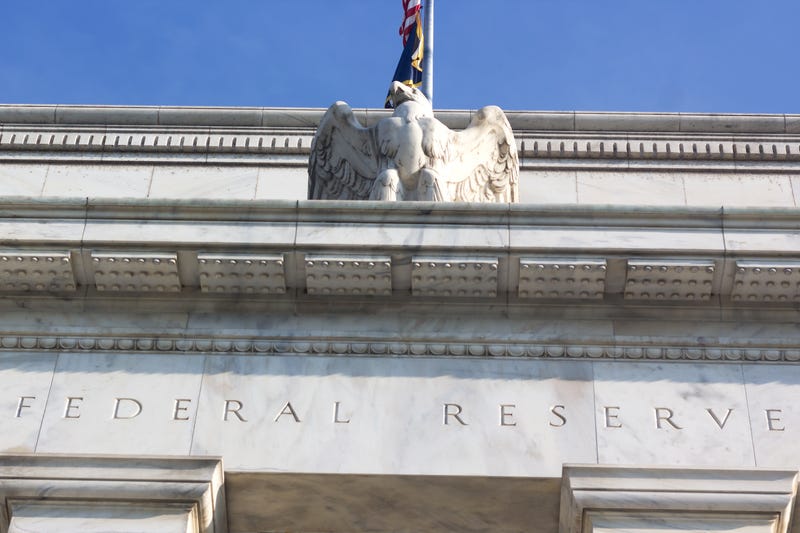
A key role in the record levels of inflation the U.S. is experiencing has been the pressures on the supply chain caused by the COVID-19 pandemic and exacerbated by the Russian invasion of Ukraine, but that pressure could be easing.
According to the research firm Oxford Economics, Reuters reported that its proprietary track shows that "supply chain strains eased in September after increasing slightly in August."
Oxford Economics reported that "transportation pressures subsided the most of all our tracker's components, price pressures recorded a third straight monthly decline, and inventories improved."
It continued by saying, "our activity measure was steady while dynamics on the employment front conveyed a slight increase in labor market stress."
This could be a good sign for things to come, and the New York Federal Reserve agrees after reporting that its index also found the pressures of the supply chain growing looser.
The New York Fed's Global Supply Chain Pressure Index has shown pressures easing for five straight months, which could be leading to the levels returning to normal. The last time the index was at a "normal" level was January 2020, right before the pandemic hit.
By December 2021, the index hit 4.3 but has since retreated to 1.05 as of September, a key sign for the supply chain growing stronger.
The Federal Reserve has responded aggressively to the 40-year highs in inflation by driving up key interest rates, which are expected to continue into next year.
By increasing the costs for short-term borrowing, the Fed is hopeful the demand will better equal the current supply levels. Still, officials with the central bank have expressed that their policies can't do anything about supply, only demand.
The easing of supply chain pressures could be the answer that the Fed was looking for and the light at the end of the tunnel as officials continue to look for the end of the battle with inflation.
While raising rates is not easy on Americans when fighting inflation, Fed Chairman Jerome Powell acknowledged at the bank's September meeting that there is no other solution.
"I wish there were a painless way…There isn't," he said.


